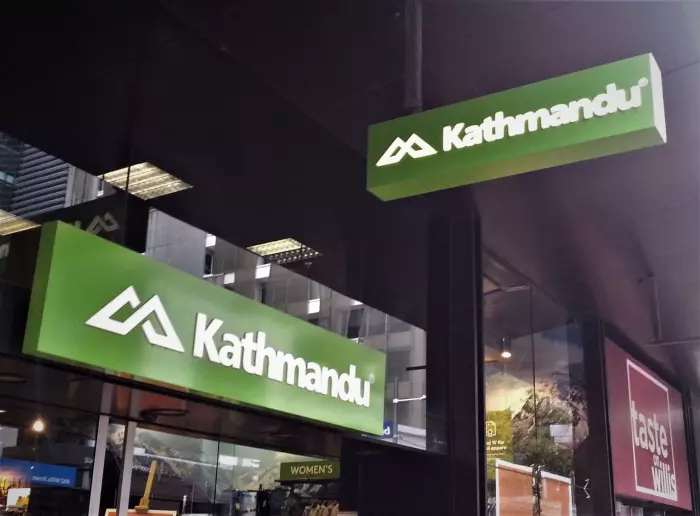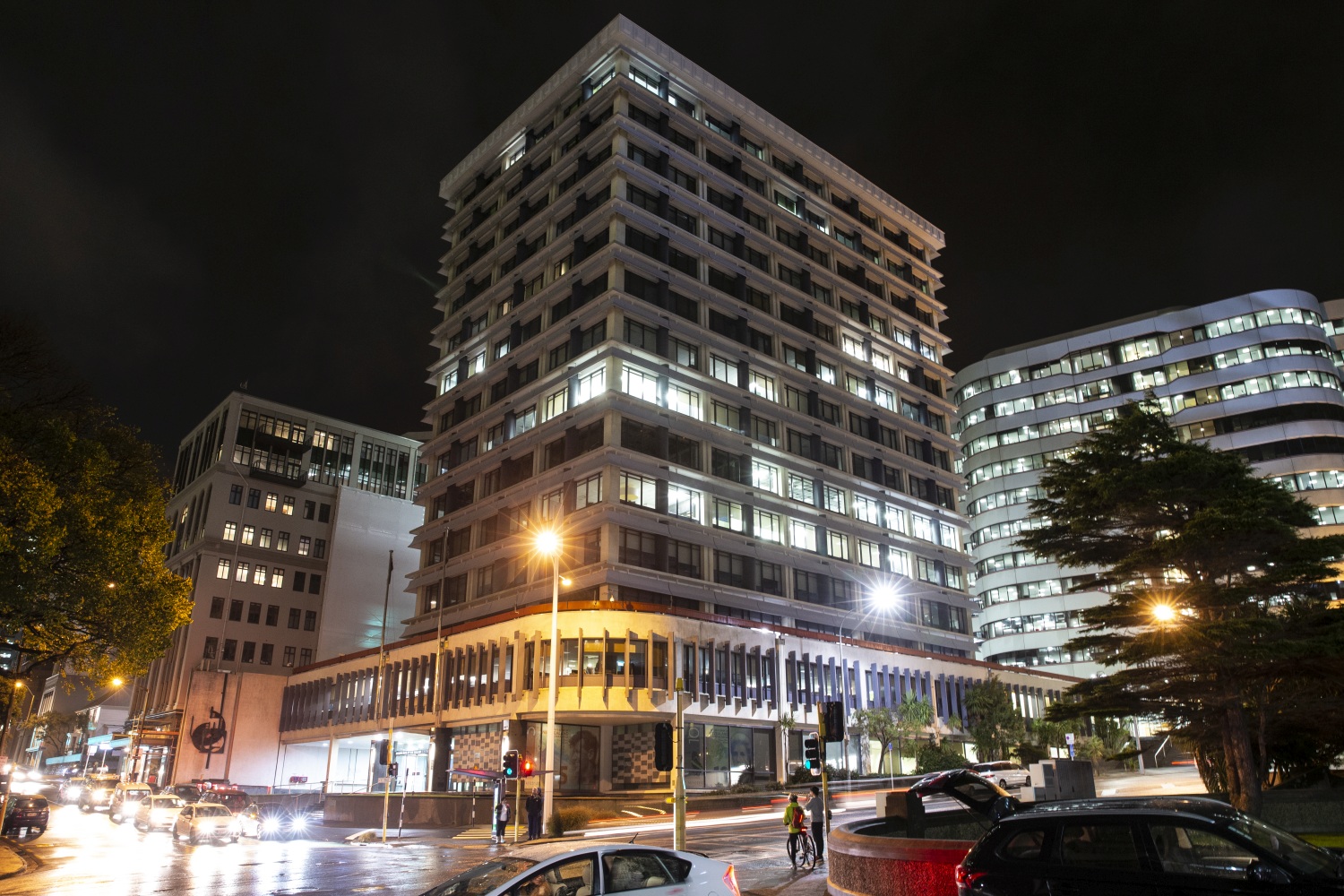Kathmandu Holdings shares fell after the outdoor equipment chain said first-half earnings slumped by as much as 81% as covid-19 lockdowns kept stores closed and there was less government support for retailers.
The company said underlying earnings before interest, tax, depreciation and amortisation (ebitda) was between $9 million and $11m in the 26 weeks ended Jan 30. That’s down from $48.2m a year earlier.
Kathmandu said covid lockdowns and smaller government support wiped $35m from ebtida. The retailer’s earnings were also lower due to an extra $14m of spending on marketing. The bulk of that covid hit was in the first quarter, with the retailer saying second-quarter profitability was an improvement form the same period a year earlier.
The retailer had already worn some of the brunt of delta lockdowns in the 2021 financial year, and had previously signalled covid restrictions and supply chain disruptions would feature in current financial year.
The shares fell 1.4% to $1.38 in early trading on the NZX.
The retailer said first-half group sales were $405m, down from the $410.7m reported a year earlier, and at a skinnier gross margin that the prior year.
It said second-half gross margins were expected to be in line with the year-earlier period.
“Covid continues to cause ongoing disruption to our consumers, employees and suppliers globally, most recently from the omicron variant,” chief executive Michael Daly said in a statement.
“The disruption has resulted in reduced retail footfall, temporary store closures and staffing constraints in many locations.”
Kathmandu said sales picked up in the second quarter as stores reopened from lockdowns. Adjusting for those closures, first-half sales across its Kathmandu network climbed 15.7% while its Rip Curl sales increased 2%. On an unadjusted basis, Kathmandu sales rose 2.8% while Rip Curl sales were down 1.6%.
The group’s wholesale sales were up 3.4% in the half, with an 18.2% increase from its Rip Curl wholesale business offsetting declines in the Oboz footwear unit, which struggled to secure inventory from its suppliers in Vietnam.






